Summaries of books about Environmental Science:
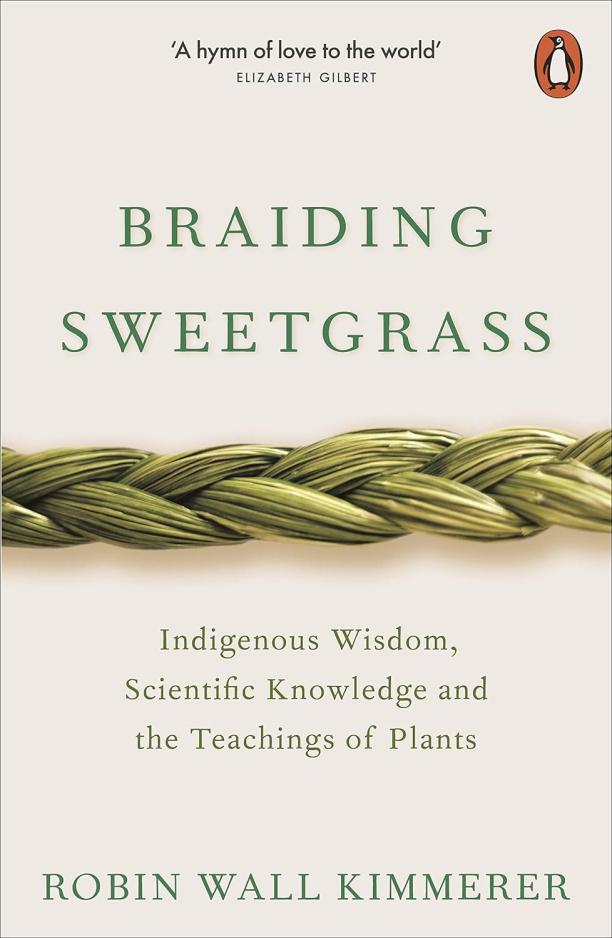
Braiding Sweetgrass
Indigenous Wisdom, Scientific Knowledge and the Teachings of Plants
Robin Wall Kimmerer
The book intertwines indigenous wisdom with modern botany to explore the relationship between humans and the natural world, emphasizing the importance of reciprocity and gratitude. It presents a series of essays that draw on the author's experiences as a member of the Citizen Potawatomi Nation and as a scientist, offering lessons on how plants and ecosystems can teach us about living sustainably and ethically.
See full summary

The Sixth Extinction
An Unnatural History
Elizabeth Kolbert
The book explores the concept of the Anthropocene epoch, detailing the ongoing sixth mass extinction caused by human activity and its devastating impact on species across the planet. It combines scientific research with field reporting to illustrate the consequences of ecological destruction and the loss of biodiversity.
See full summary
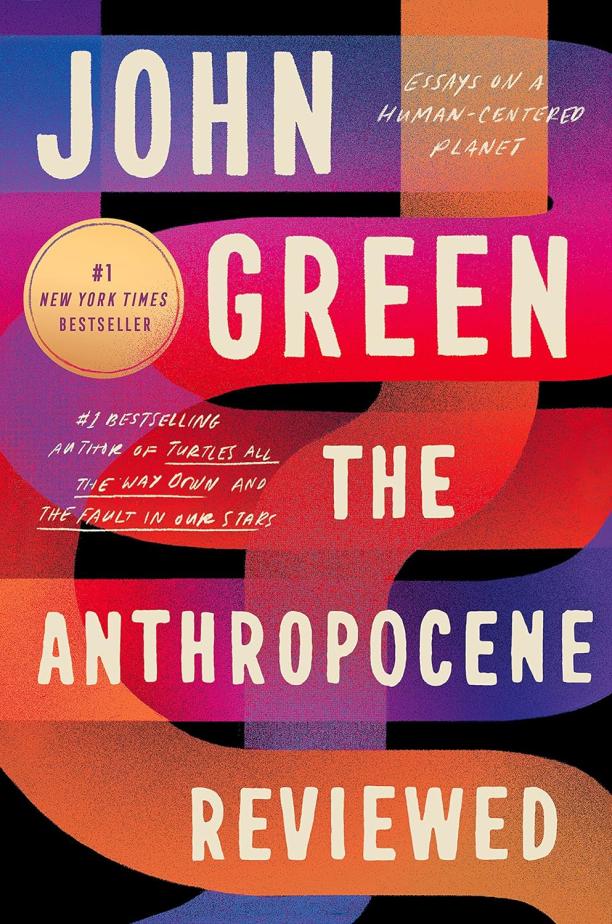
The Anthropocene Reviewed
Essays on a Human-Centered Planet
John Green
The book is a collection of personal essays that critique various facets of the modern human experience, from the mundane to the profound, through the unique lens of the author's perspective. Each essay rates a different aspect of the world on a five-star scale, reflecting on the interconnectedness of humanity and the impact of our actions on the planet.
See full summary
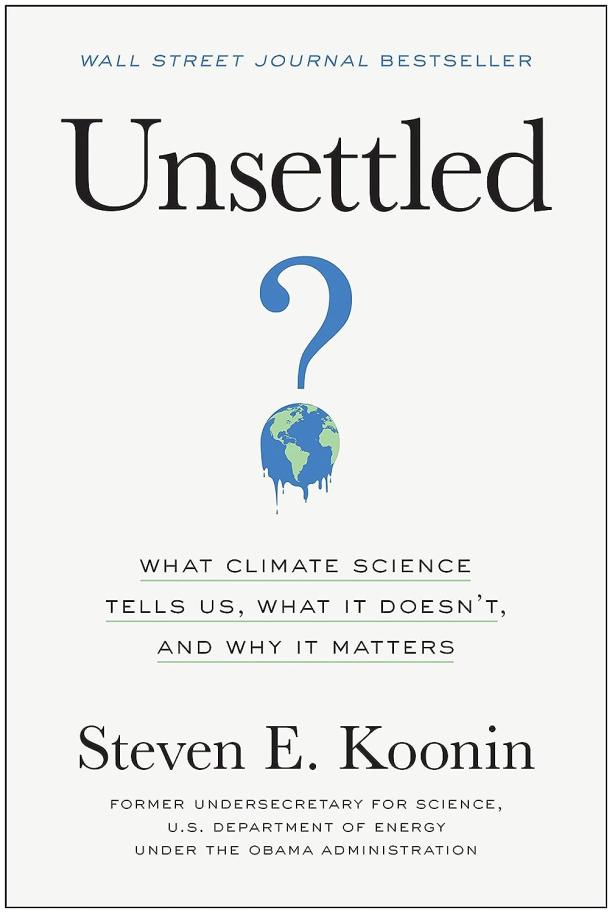
Unsettled
What Climate Science Tells Us, What It Doesn't, and Why It Matters
Steven E. Koonin
The book presents a critical examination of the current consensus on climate science, arguing that the science is not as settled as it is often portrayed and that there are uncertainties and nuances that are not adequately discussed in public discourse. It delves into the complexities of climate models, the interpretation of data, and the challenges of making reliable long-term predictions, suggesting a need for more open and nuanced debate on climate policy.
See full summary

Thinking in Systems
International Bestseller
Donella H. Meadows
The book provides an introduction to systems thinking and its applications, offering insights into how complex systems operate and how they can be managed effectively. It explores the interrelated elements of systems, their feedback loops, and how understanding these can lead to better problem-solving and sustainable solutions.
See full summary

Wilding
Returning Nature to Our Farm
Isabella Tree
The book chronicles the transformation of a degraded agricultural farm into a thriving ecosystem through rewilding, a conservation approach that allows natural processes to restore land. It details the challenges and successes encountered as native wildlife returned and biodiversity flourished on the once intensively farmed land.
See full summary
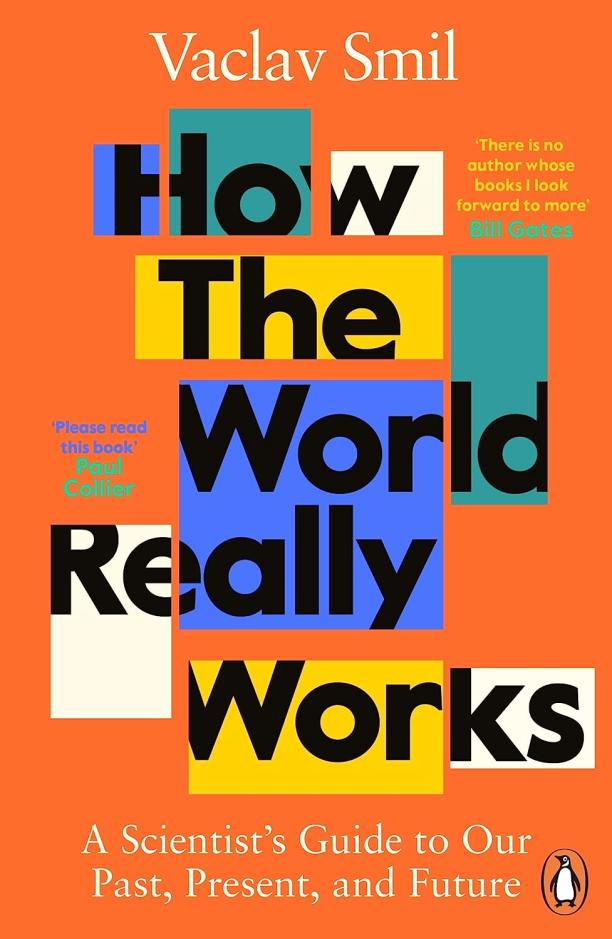
How the World Really Works
A Scientist’s Guide to Our Past, Present and Future
Vaclav Smil
The book provides an analysis of the fundamental pillars of modern civilization, such as energy, food production, materials, and globalization, through a scientific lens. It examines how these elements have shaped human history and discusses their implications for the future of the planet and society.
See full summary
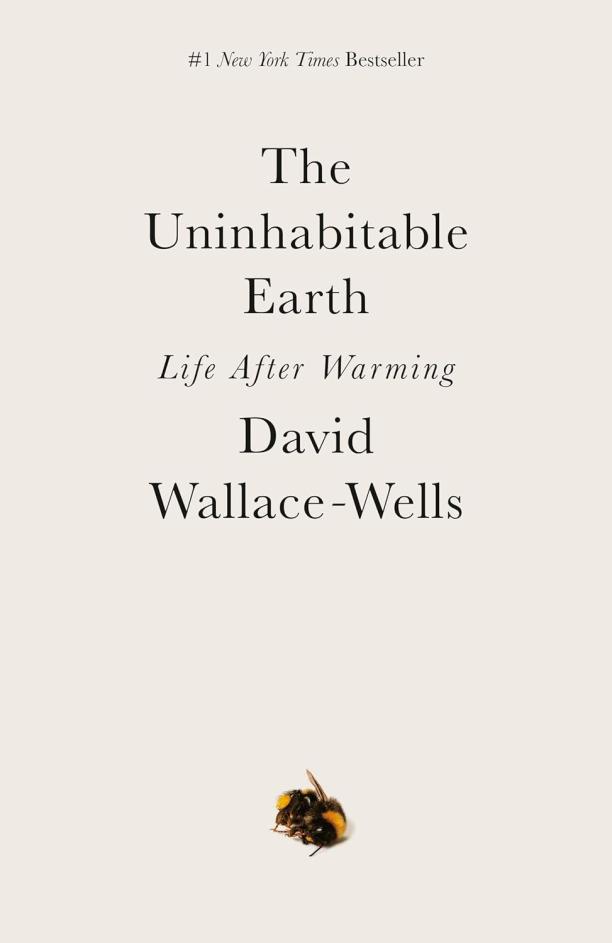
The Uninhabitable Earth
Life After Warming
David Wallace-Wells
The book presents a harrowing exploration of the potential impacts of climate change if current trends continue, detailing scenarios of ecological disaster, economic collapse, and societal upheaval. It examines scientific predictions and the dire consequences for humanity, emphasizing the urgency for immediate and comprehensive action to mitigate the impending crisis.
See full summary

Silent Spring
Rachel Carson
The book exposes the environmental consequences of indiscriminate use of pesticides, particularly DDT, and their detrimental effects on wildlife, ecosystems, and human health. It critiques the chemical industry's disinformation and advocates for a more harmonious and sustainable relationship with the natural world.
See full summary

Fake Invisible Catastrophes and Threats of Doom
Patrick Moore
The book critically examines various environmental concerns, arguing that many are exaggerated or based on flawed science. It aims to debunk what the author sees as myths and misinformation surrounding issues like climate change, species extinction, and resource depletion, advocating for a more rational and evidence-based approach to environmentalism.
See full summary